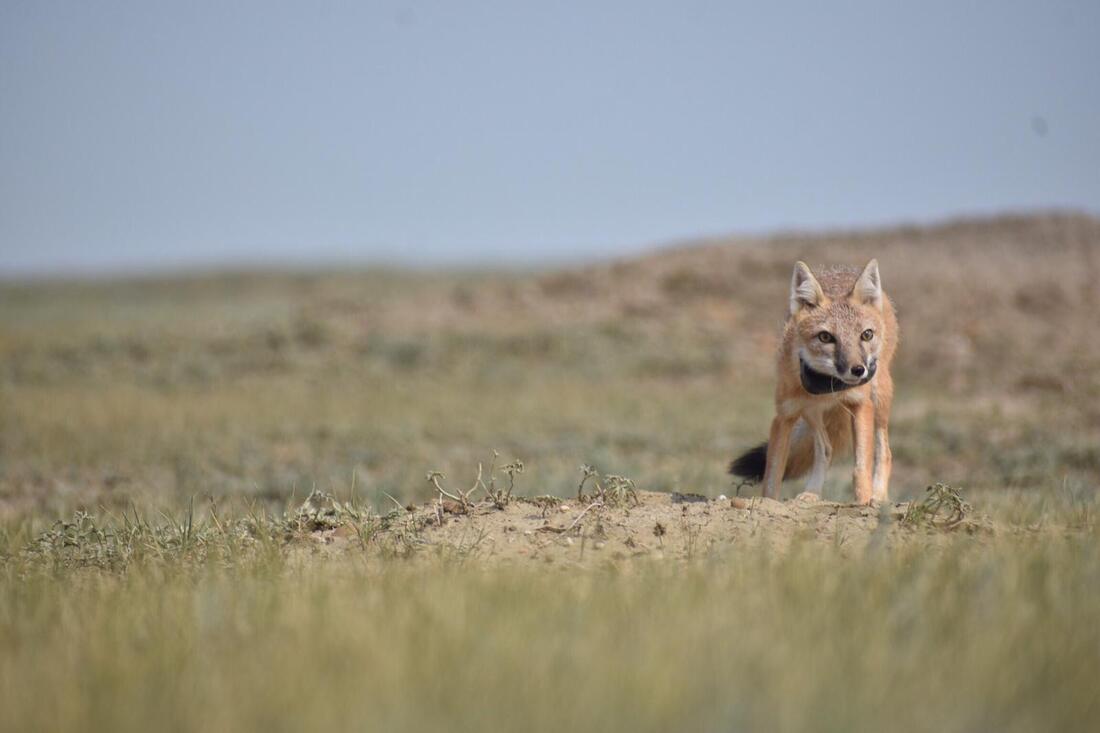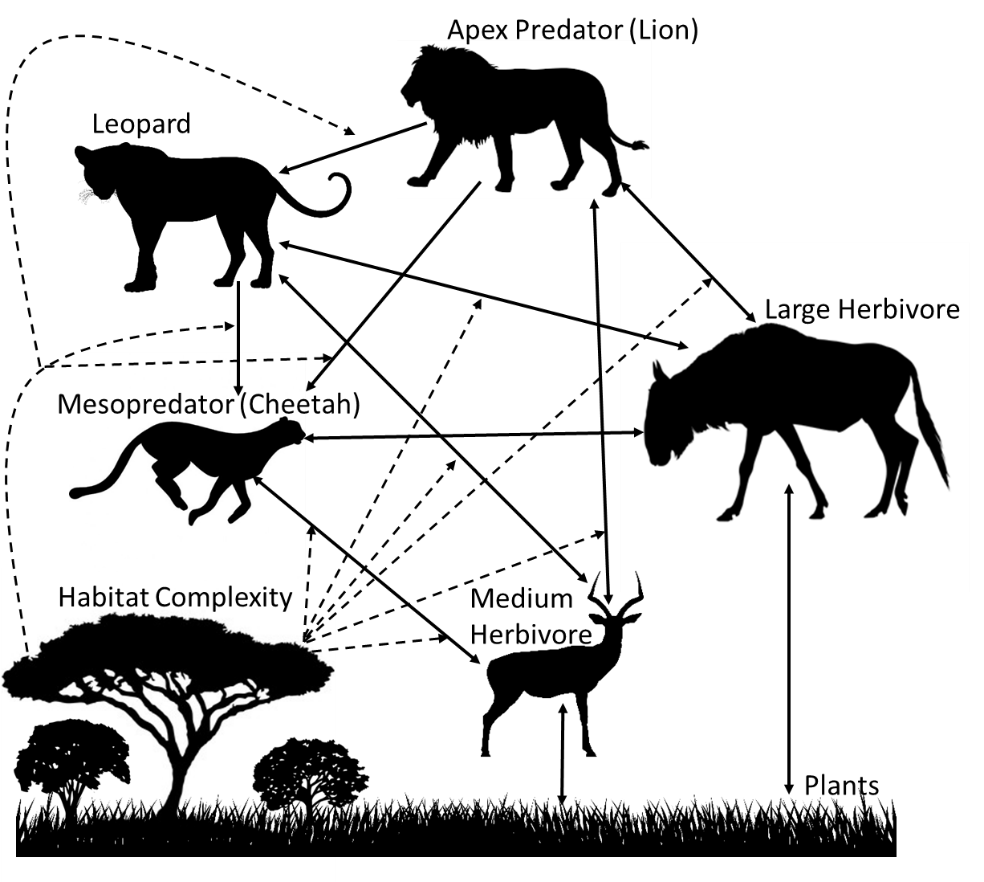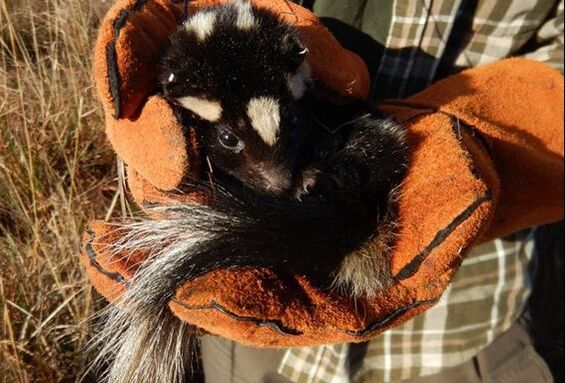We live in a time of extreme biodiversity loss popularly known as the sixth mass extinction event. To mitigate future losses there is an urgent need to understand how remnant wildlife populations are adapting to global change. Taking the more optimistic glass half full perspective, there are opportunities for science to help advance the restoration of wildlife populations. Our research seeks to inform management that falls along these two themes of either conserving or restoring wildlife populations.
We have conducted research on a diversity of species, ranging from fleas to elephants, although currently our research is largely focused on three focal areas listed below.
We have conducted research on a diversity of species, ranging from fleas to elephants, although currently our research is largely focused on three focal areas listed below.
Wildlife RestorationWe are passionate about trying to find ways to bring back wildlife. To advance this field, we not only assist with the planning and implementation of individual population reintroductions, but think about ways to restore entire ecological communities through multi-species restoration. Importantly, wildlife can't do it alone, so we focus understanding how the public perceives and responds to wildlife restoration. We also think globally, trying to pull together experts to advance the theory and practice behind this rapidly growing field.
|
Mammalian Community EcologyWe are interested in understanding the vulnerability and resiliency of mammalian communities to environmental change, particularly habitat alteration, emerging infectious disease, human persecution, and changing predator communities. We typically conduct observational and experimental research on remnant populations of mammalian species to better understand how they are responding to changing conditions, and how those responses influence mammals at other trophic levels. We utilize these data to build predictive models on how mammalian communities will respond to change and function in the future.
|
Carnivore Ecology and ConservationCarnivores have been a focus of the lab since its inception. Much of our work with large carnivores focuses on how recolonizing large carnivores navigate an increasingly human modified landscape. We also care deeply about small carnivores, which are on the decline globally. We are interested in building a better understanding of how to monitor for and mitigate threats to small carnivore populations.
|
Proudly powered by Weebly


